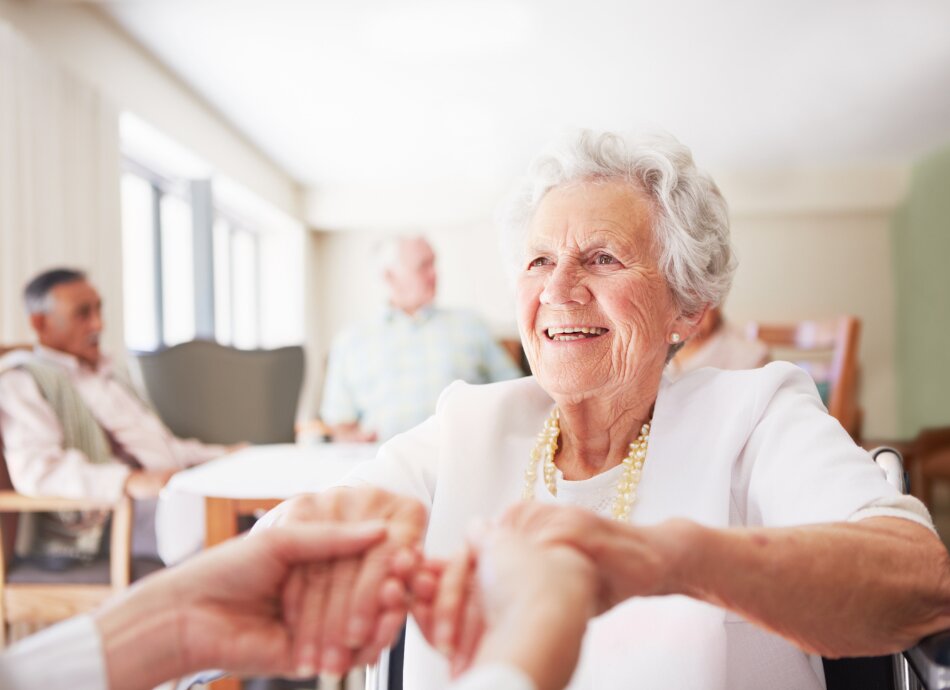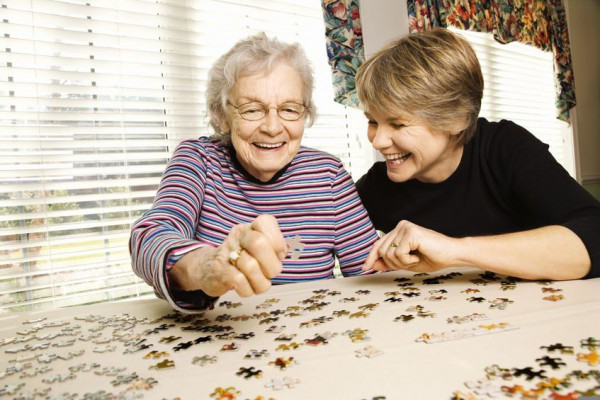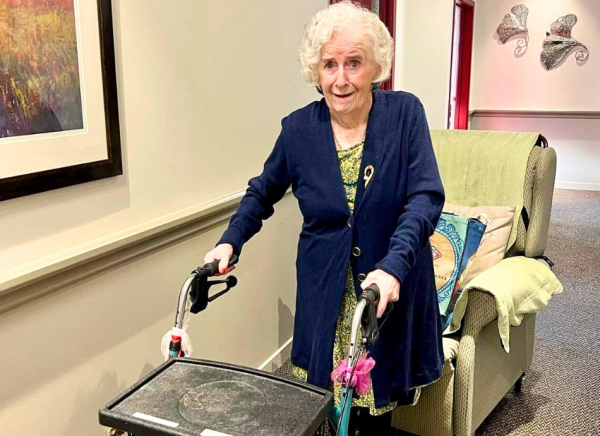If you're a frequent visitor to Healthify, why not share our site with a friend? Don't forget you can also browse Healthify without using your phone data.
Simple ways to support older people in your community
Key points about supporting older people
- Aotearoa New Zealand’s population is ageing rapidly.
- There are more and more people living into old age, some of whom could sometimes do with a helping hand.
- What you do doesn’t have to be a big gesture. Sometimes it’s the smallest things that can make a difference.

Research shows that loneliness and isolation are as bad for your health as smoking and can contribute to things like depression and heart disease, according to Age Concern.(external link)
Here are some simple ways to support older people in your community:
1. Stop and talk, or walk and talk
If you see an older person out and about, smile, stop and say hello. That one little gesture could brighten their day – and yours. Ask them how they are. How’s their day been? You never know, you may be the first person they’ve spoken to in days. If they are walking your way, join them for a while and chat while you walk.
2. Know who's living nearby
Do you know your neighbours or who's living near you in the street? There might be someone older living alone or acting as a caregiver to a partner or whānau member. Make a point of looking out for them and step in with assistance if you think they might need it. If you have an older person living nearby check their curtains are open as usual, if not give them a call or go and visit to check they're well and haven't had a fall.

Image credit: Canva
3. Offer your help
They might be too shy, or not know how to ask for help so reach out to an older person in your life with practical support. Does your neighbour need help with anything? It might be picking up groceries, driving them to the doctor, or moving something heavy. Perhaps they need help taking their rubbish or recycling bin out each week. Maybe you could nip over and mow their lawns while you have your mower out.
4. Encourage them to stay involved
It's too easy to become isolated from friends, whānau and the local community as you get older. Encourage older people to stay involved and offer to help them by assisting with technology, offering a ride to a community event or hui at a marae, or getting them involved in a club or hobby. You might be able to organise a chat, music, movie, games or craft session to get a few older people together once a month or so.
5. Find out their story
Many older people in our communities have led amazing lives and have incredible stories to tell. Maybe you could record them (with their permission) and create a video or written account for them to share with whānau and friends.
6. Cook a meal or do some baking
There’s nothing lovelier than a home-cooked meal or home-made baking at any stage of life. Cooking and baking can become difficult as we age and sometimes older people don’t eat as well as they should, especially if they're living alone. Why not drop something round that would last a few days? Make an extra portion when you're cooking for yourself and freeze it so they can just reheat it when they're ready. Or you could offer to come round one evening and cook with them. Or invite them around for a meal, or even just a cup of tea, at your place. The company will do everyone a world of good.
7. Christmas Day and other special occasions
What’s your neighbour or co-worker doing on Christmas Day or on their birthday? Do they have anywhere to go? As we get older, friends and family pass away, so don’t assume people have somewhere to go or somebody to celebrate with. Making room at your house, especially on important holidays, such as Christmas Day, could really make a difference.
8. Volunteer your time
There are many organisations and groups that do voluntary work for seniors. Why not offer some of your time to make a difference?
- Age Concern offers an Accredited Visiting Service(external link) where volunteers spend time visiting older people, who would like more company.
- The Salvation Army offers a Senior Services Programme(external link), a befriending programme that matches volunteers up with older people.
- St John’s provides a service called Caring Caller(external link) for people who live alone, or feel lonely. Volunteers make a phone call to check the person is OK or to have a chat. Volunteers notify St John if the person isn’t feeling well or doesn’t answer the phone.

Image credit: Healthify He Puna Waiora
9. Help them access support
You may find that an older friend or neighbour is no longer coping as well at home. There are support services available to improve their quality of life and help them stay in their own homes longer. Perhaps you could help them find out what they're entitled to and how to apply for support. Read more about what's available to support older people in their own homes(external link).
10. Bring some fun to the rest home
If your whānau member or older friend is in a rest home, life can feel a bit confined if they don't venture far or get out like they used to. They often rely on visitors for some news and variety in their lives. Having some ideas in mind and bringing activities with you can make visiting fun and can brighten up everyone's day. Find out how you can make your rest home visit count.
Become a Dignity Champion(external link) Age Concern NZ
Local services(external link) Seniorline.org.nz
Senior services program – Volunteer friendship support for the elderly(external link) Salvation Army, NZ
Credits: Healthify editorial team. Healthify is brought to you by Health Navigator Charitable Trust.
Page last updated:





